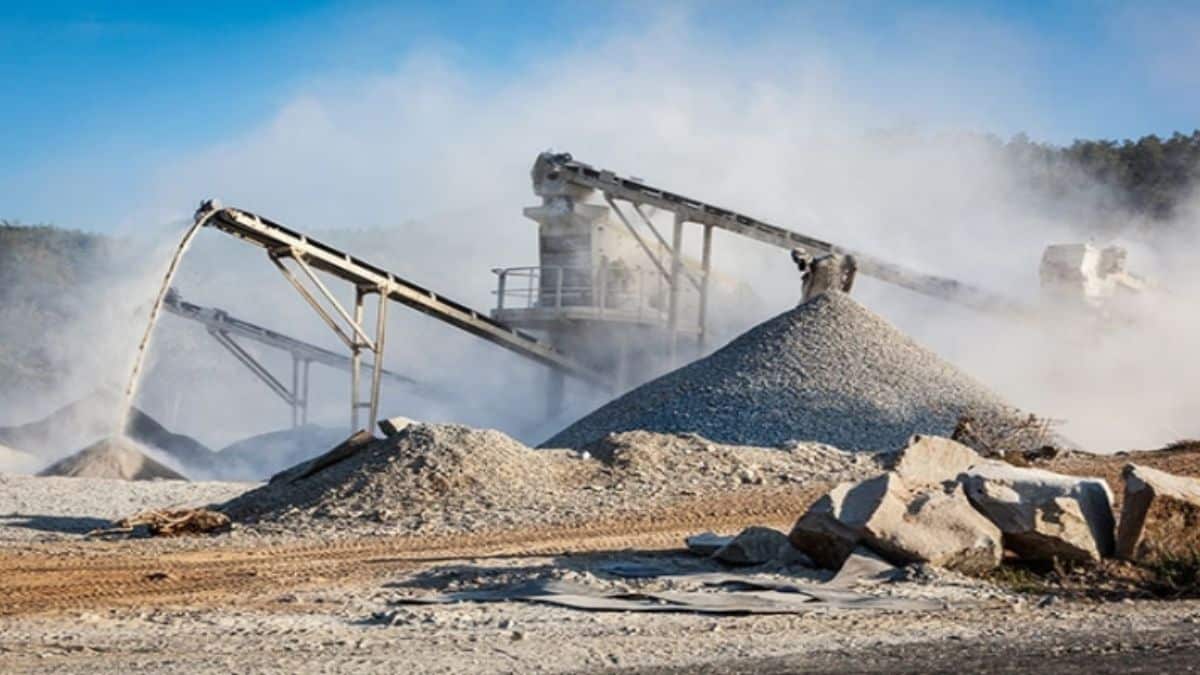The Supreme Court of India has issued landmark directives aimed at combating the widespread issue of silicosis, a debilitating lung disease afflicting workers exposed to silica dust. In its recent order, the Court instructed the National Green Tribunal (NGT) to oversee industries prone to causing silicosis and ensure they adhere to minimal environmental and safety standards.
The Court’s directive requires the NGT to monitor compliance with earlier judicial orders and implement additional measures to prevent the spread of silicosis. “We now direct the NGT to oversee the impact of silicosis-prone industries and factories across India,” stated the bench comprising Justice Vikram Nath and Justice PB Varale. The NGT has been tasked with ensuring that both the Central Pollution Control Board (CPCB) and State Pollution Control Boards (SPCBs) comply with existing guidelines and take necessary actions to mitigate the disease.
In addition, the NHRC has been directed to supervise the compensation process for workers affected by silicosis and their families. “We direct the NHRC to oversee the compensation process across the respective states,” the Court announced. The NHRC will work alongside the Employees State Insurance Corporation (ESIC) and state Chief Secretaries to ensure that compensation is distributed efficiently and promptly.
The Supreme Court’s order addresses a long-standing writ petition filed by the People’s Rights and Social Research Centre (PRASAR), which highlighted the severe and preventable nature of silicosis. The petition emphasized the violation of workers’ fundamental rights under Article 21 of the Constitution, including their right to health and a dignified life. The Court noted that despite various orders and recommendations over the years, the enforcement of preventive measures and compensation has been inadequate.
The Court also reviewed the progress made in response to previous orders, including the NHRC’s preliminary report on the prevalence of silicosis and the measures taken by states like Gujarat and Madhya Pradesh. The findings revealed significant non-compliance with safety norms and insufficient compensation for victims.
The Court’s ruling aims to address both the environmental and compensation aspects of the silicosis crisis, marking a significant step in protecting workers’ health and rights

